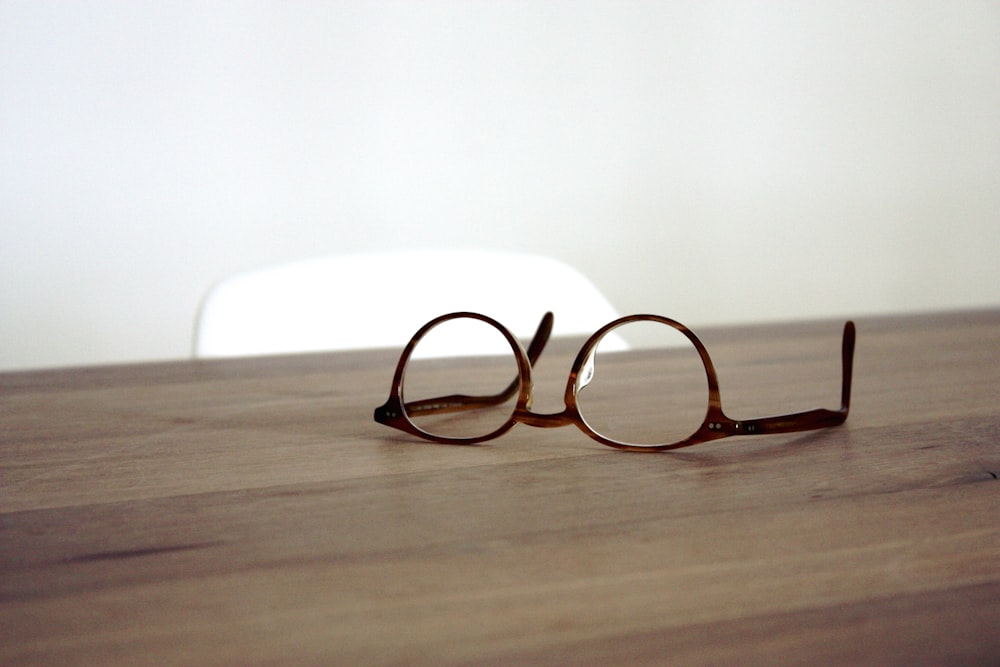
There's more to glasses than meets the eye and the process that goes into creating them may surprise you. In this blog, we'll give you a quick overview of the journey of how your glasses are made.
What are glasses made of?
These days, most glasses frames are made of metal or acetate, a stronger and more robust plastic. Some frames use a combination of these materials to get the best out of them. For example, metal frames are stronger but don't offer the comfortability and anti-allergy properties of acetate frames.
Metal frames -
Metal frames are generally more popular in men's frames but there are also plenty of options in women's and unisex designs. These metal frames are perfect for those who find their style and like to stick to it. They can stand up to the strains of modern life without losing their quality and are less likely to fade when exposed to sunlight.

Most metal frames are made of stainless steel or Titanium. These metals are ideal as they are strong and lightweight. Titanium is much sturdier than other glasses materials and is the perfect metal alternative to acetate. Another advantage of Titanium frames is its ability to stand up to the unpredictable British weather. This corrosion-resistant material won't be worn down by the rain or faded by the sun.
Unlike other materials used in the world of glasses, Titanium is hypoallergenic and is perfect for those that suffer from allergies or sensitive skin.
Cosmetically, Titanium can be found in a variety of styles, whether that's full-rimmed, semi-rimless and rimless frames. On top of these styles, Titanium frames can be wrapped in a variety of colours and colour combinations, making them a must-have addition to your eyewear collection.
Acetate and Plastic -
A large percentage of glasses frames are made from plastic. For the most part, this material is fine but it does have its drawbacks. Depending on the quality of the plastic, it can be quite flimsy and prone to snapping and warping. These can be annoying and sometimes costly qualities. This is where acetate comes in.
Acetate is a form of plastic but has some advantages. It is stronger and more durable and can withstand more of what life can throw at it. In addition to this, it is lightweight and more flexible than conventional plastic, giving it a more comfortable and long-lasting fit.

Cosmetically, acetate frames can be wrapped in a variety of stylish colours and patterns which, unlike regular plastic frames, won't fade over time. Additionally, Acetate is made from renewable materials which makes it the eco-friendly choice.
Frame Tracing -
Once you have chosen your frames and lenses, a member of our lab team will trace the shape and size of the lenses. This is required so that the lenses can be cut to fit the shape of your frame. The lenses are then passed over to another machine and cut to the traced shape and popped into your frames.
Making the lenses
Lenses initially start as thick blank lenses. These are the raw material from which your lenses are made. Each of these blanks has a certain magnification power, the one closest to your required power is selected.
After these lenses have been selected and the frame has been traced, the lenses go through a process known as blocking. This is where a block is attached to the lens so that they remain in the same position when the lens is ground down to the desired shape.
The lenses are then placed into an edger using the previously attached blocks. This is where the lenses are cut using grinders with various amounts of roughness. The lens is cut into the shape traced onto the blocker that is assigned to your order and transferred from machine to machine. After the lenses are cut, they are polished and any rough edges are cleaned up.
These lenses are cleaned and any markings used during these processes are removed. A quality check is completed to check for any flaws or cracks. Once this check is completed and the lens is in the best condition, the lenses can be popped into the frame.
This is a quick overview of the process your glasses go through from when you click order to when they leave our lab. The process will be different depending on your order, such as varifocals, bifocals or additional tints.
Now you're all clued up on what happens in the background, why not pick up a pair of glasses or sunglasses for yourself. At Spex4less we have a wide range of colours and styles.
